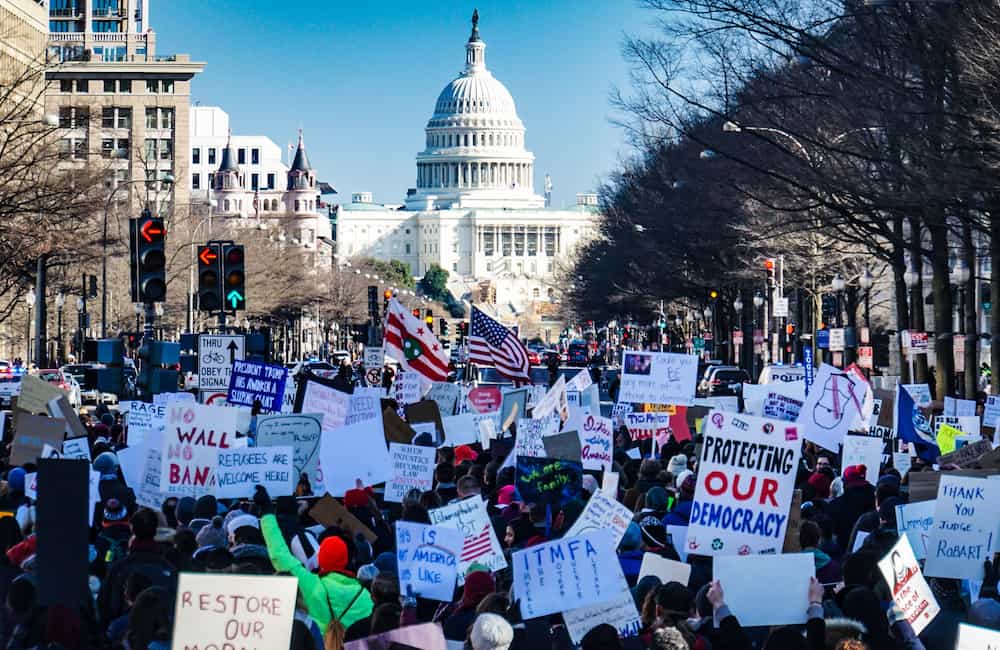
Travel bans and boycotts are becoming commonplace in the travel industry.
An October 2016 report from Meeting Professionals International (MPI) indicated that one quarter of planned events in in states where anti-diversity laws have been passed were cancelled or relocated. That same report stated that laws prohibiting universal restrooms had the biggest effect, with 41 percent of planners saying destinations with such laws were being avoided. One major example: The National Collegiate Athletic Association (NCAA) cancelled all of its upcoming events in North Carolina last September. Another notable cancellation happened in Tennessee when the American Counseling Association (ACA) refused to meet in Nashville after a law was passed allowing counselors to deny services to anyone who had “strongly held beliefs” that differed from that of the counselor—a law the ACA considered discrimination against the LGBTQ community.
At the end of last year, Roger Dow, president and CEO of the U.S. Travel Association, published an article on the Huffington Post, in response to this new world of travel, reminding groups and individuals that travel bans and boycotts damage the travel industry and the one in nine American jobs that the industry supports. The MPI report showed that most planners agree with Dow in that more than half of meeting planners are against using travel bans and boycotts to influence social issues.
Regardless of which side of the political argument you and your groups fall into, the key thing that all meetings industry professionals can do is monitor policy issues that impact the industry as well as the destinations in which events are being held. Working with industry partners—hotels and destination marketing professionals—on educating local and state legislatures can help in determining if a destination is doing all it can to be diverse and inclusive.
Once you know the issues at hand, then you can figure out how to handle them in a way that reflects your meeting, association or company by asking these questions:
- What is your motto and what values does your organization stand for?
- What instances will you find it appropriate to speak out against injustices?
- How will your attendees, employees or group members react if you don’t speak out?










